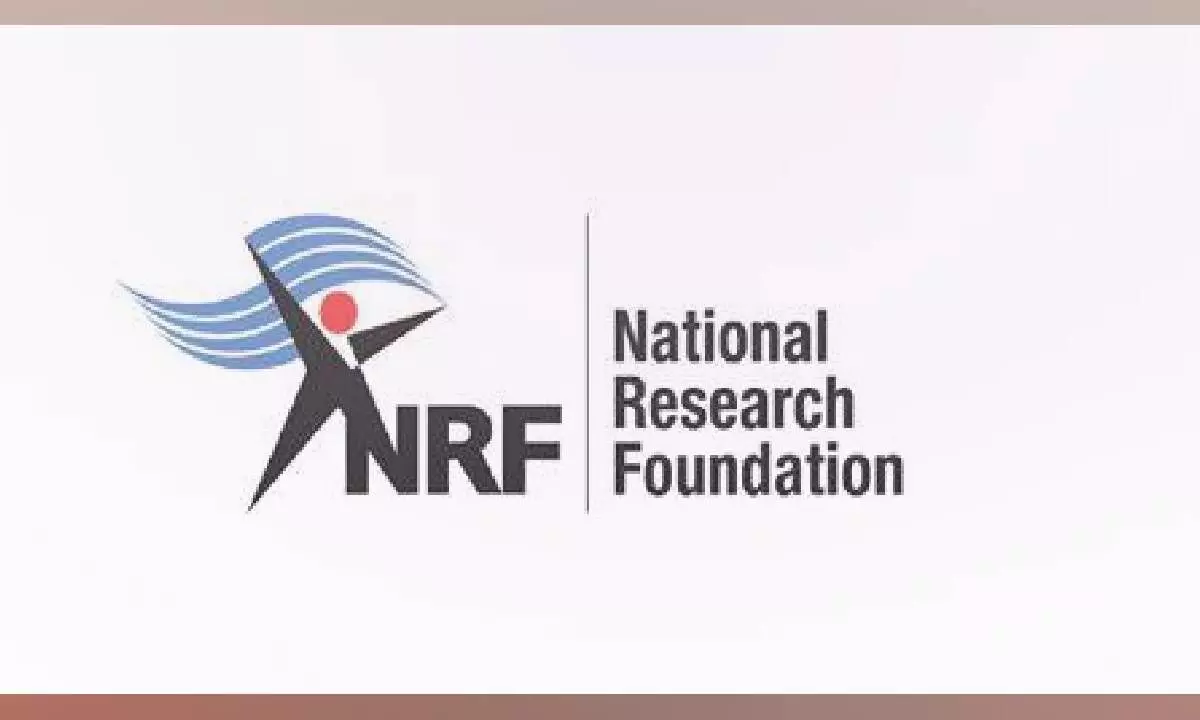NRF is good but then so is free thinking
The proposed National Research Foundation (NRF) has a tremendous potential to enhance the quality of research. The NRF is intended to ‘seed, grow, and promote research and development (R&D) and foster a culture of research and innovation’ across educational institutions, research bodies and R&D laboratories. This is a welcome development on the face of it but the larger question pertains to the status of existing R&D apparatus in India? It is not that there are no R&D centres in the country. According to the Department of Science& Technology, there are 216
image for illustrative purpose

The proposed National Research Foundation (NRF) has a tremendous potential to enhance the quality of research. The NRF is intended to ‘seed, grow, and promote research and development (R&D) and foster a culture of research and innovation’ across educational institutions, research bodies and R&D laboratories. This is a welcome development on the face of it but the larger question pertains to the status of existing R&D apparatus in India? It is not that there are no R&D centres in the country. According to the Department of Science& Technology, there are 216
Institutions that can considered for joint research while scientists can seek fellowship under RTF-DCS Programme. It is unlikely that anyone in the government knows the exact number of taxpayer-funded S&T organisations in the country and the contribution of R&D that have in any way bolstered national development. Sadly, no one seems to be bothered about such matters.
And now we will have NRF after it gets parliament nod. By description it will be “an apex body to provide high-level strategic direction of scientific research in the country as per recommendations of the National Education Policy (NEP), at a total estimated cost of Rs 50,000 crore spread over 2023-28.”
One wonders what new things will be initiated by NRF that is are not available presently. It comes with lofty credentials as its “functioning will be governed by an executive council chaired by the principal scientific adviser (PSA).” Presently, the PSA “will provide pragmatic and objective advice to the Prime Minister and the Union Cabinet on issues concerning science and technology.” The only difference seems to be that while currently the office of PSA is under the Cabinet Secretariat, post-NRF, it will be directly under the Prime Minister. Couldn’t the change have been made by way of a GO? If the intention of constituting the NRF is to streamline and rightsizing R&D in science and technology, it still makes sense. That purpose, however, has not been clarified, as yet.
At the heart of the issue of R&D in science and technology is something else: the inability to come up with cutting-edge research.
This is evident from the fact that although there have been Nobel laureates of Indian origin, no Indian scientist has won the coveted prize while working in their own country.
That an overwhelming majority of Nobel Science winners are from the western evidences that there is a strong correlation between capitalism and excellence in science. It looks like capitalism, accompanied with democracy and free speech, helps create and nurture an ecosystem that enhances the quality of R&D in science.
India discarded the worst features of socialism in 1991, and is gradually moving towards capitalism; democracy too is well grounded in the country. Free speech, however, faces curtailment by various forces. A freer social and cultural environment will surely help stimulate our scientists to excel in research.

